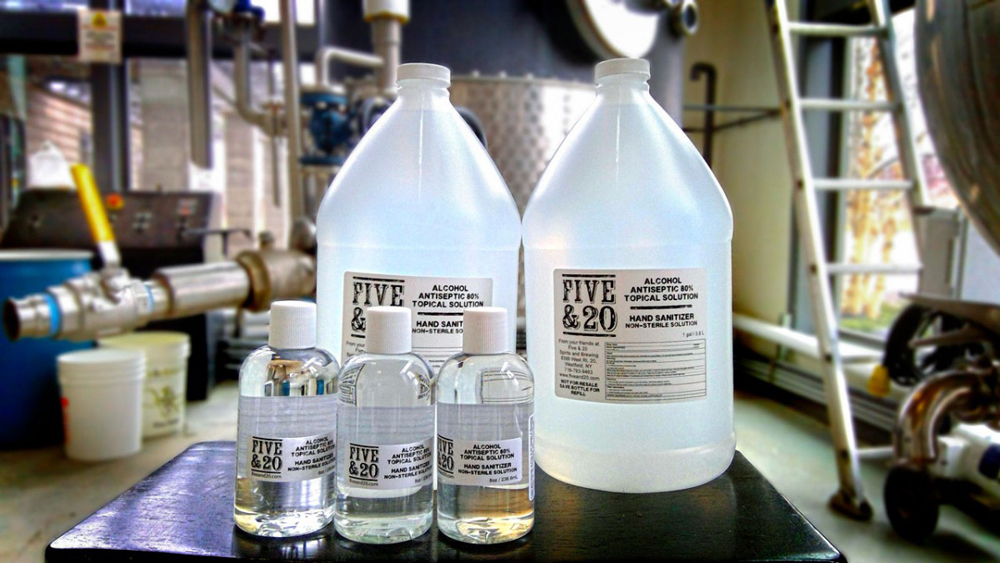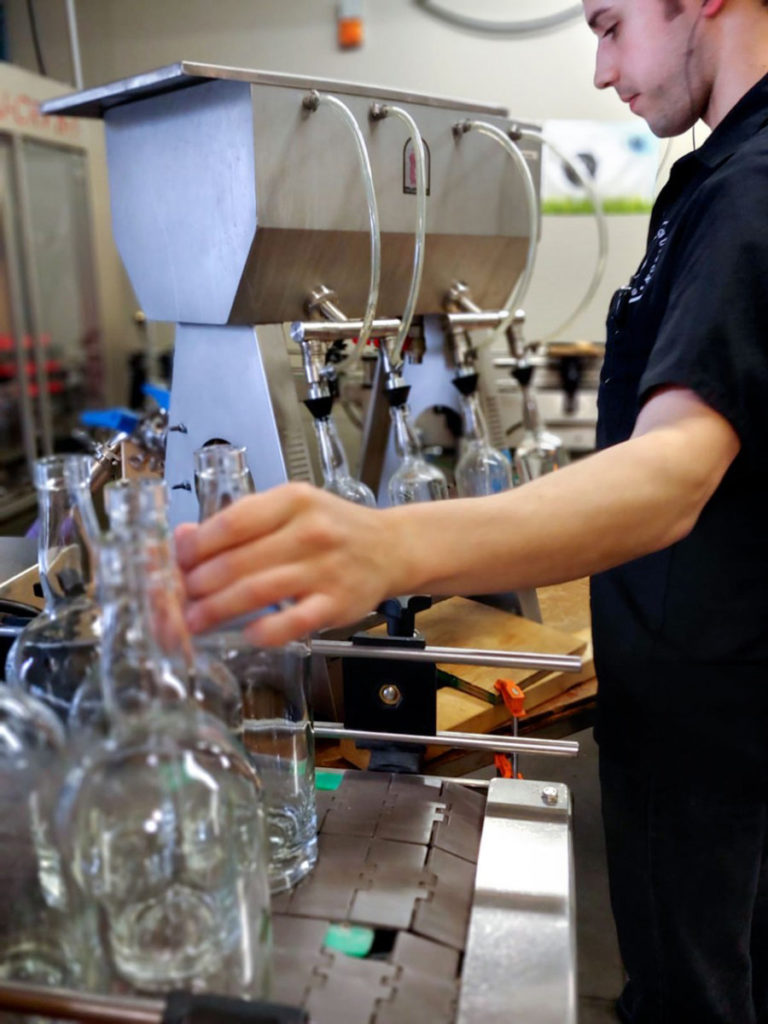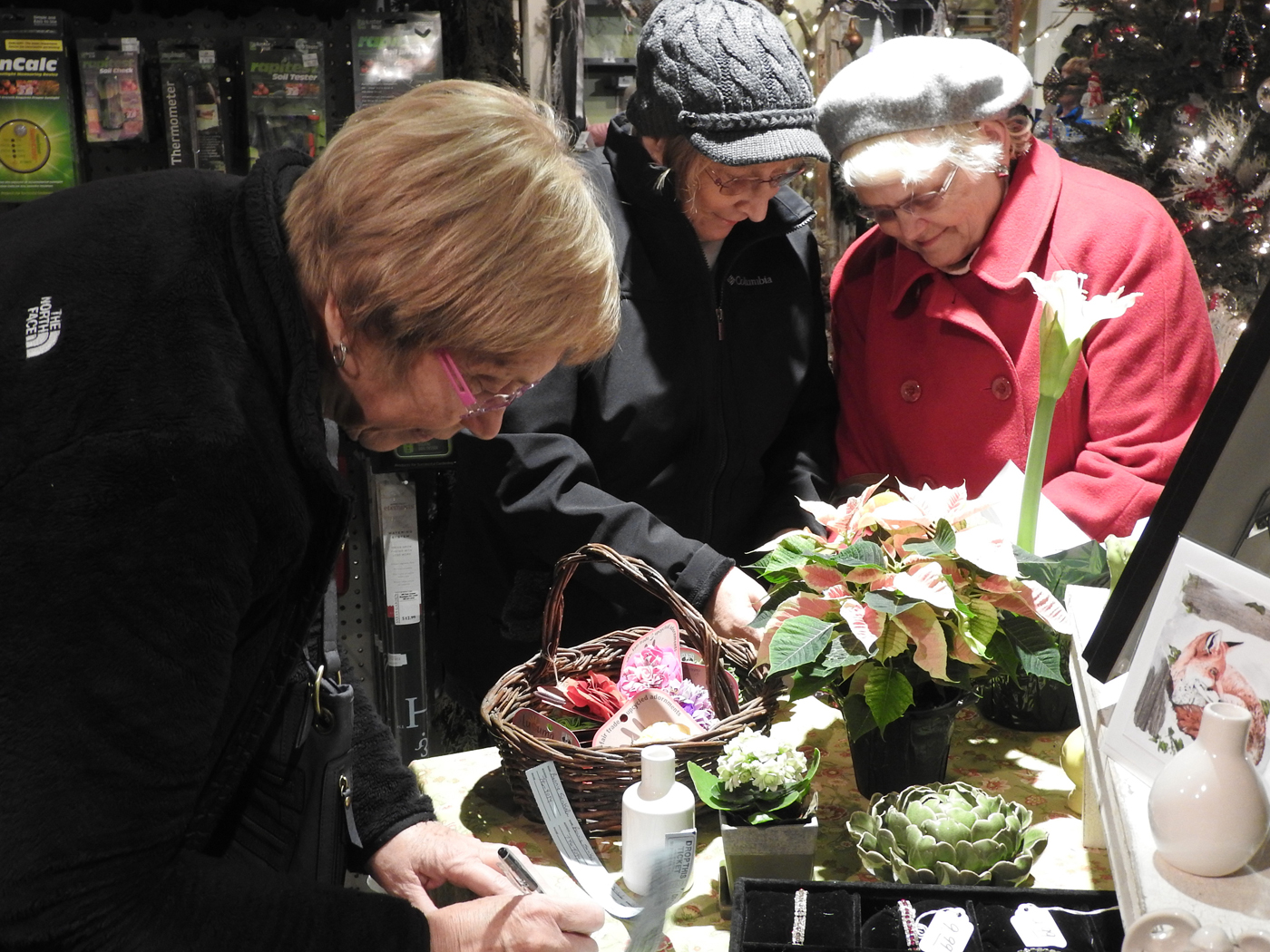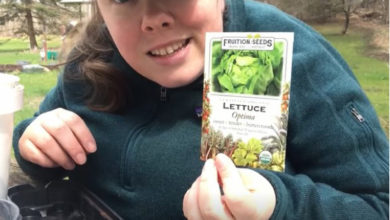Cornell aids distillers in making hand sanitizer

by Blaine Friedlander

In the battle to keep front-line health care workers, first responders, and essential employees safe during the COVID-19 pandemic, nearly 40 craft distilleries in New York state have stopped producing their signature spirits.
Instead, distillers have turned to making a much-needed commodity: hand sanitizer.
“For distilleries, it’s a fascinating landscape right now,” said Chris Gerling, senior extension associate in food science at Cornell AgriTech in Geneva.
Gerling is helping distilleries across New York get answers to questions, find sources for sanitizer ingredients, make supply chain connections, locate affordable packaging – and learn new processes and policies.
“It’s been an interesting pivot for distilleries into this world,” he said. “I have been parsing regulations and trying to keep distillers safe. Making hand sanitizer is not for hobbyists; this is for professionals.”
In the first half of March, as pandemic fear grew, consumers wiped retail shelves clean, and health care groups could not order enough. Distillers quickly realized that they could shore up the shortage.
At Five & 20 Spirits and Brewing in Westfield, which makes bourbon, rye, and limoncello, Mario Mazza, the distillery’s vice president and general manager, said he began manufacturing hand sanitizer around March 20 and started packaging it the week of March 30.
“We can’t make ventilators, and we can’t make masks,” Mazza said, “but we can make something useful.”
Packaging sanitizer in one- and five-gallon sizes, Five & 20 had supplied about 600 to 700 gallons of hand sanitizer to nursing facilities, local hospitals, local fire and police departments, and Meals on Wheels as of April 6.
“We’ve had inquiries for well over 1,000 gallons,” Mazza said. “We have been securing packaging and getting it out the door as fast as possible.”
Making hand sanitizer is deceptively simple but inherently dangerous. To manufacture sanitizer commercially, according to federal and World Health Organization guidelines, the recipe calls for 80 percent ethanol (which is highly flammable), water, hydrogen peroxide, and glycerol.
Distilleries are uniquely equipped and trained to handle high-grade alcohol safely. Jason Barrett, the owner of Black Button Distilling, a grain-to-glass craft distillery in Rochester, and his four distillers have taken the necessary certification courses taught by Gerling.
“We’re qualified to handle very flammable substances safely,” he said. “Like all distilleries in New York, we have spark-resistant lighting, explosion-proof pumps, our electric is set at least five feet off the floor, and our staff is certified in fire protocols and spill response.”
In two weeks, Black Button made 118,000 25-ounce bottles bound for hospitals and communities in need, including New York City.
“A month ago, none of us in New York had ever made this product,” Barrett said. “Distillers needed to know how to make it safely, correctly, and to make it effective – that’s a lot of knowledge to transfer very quickly.”
The state’s craft distillers say they are honored to assist during this crisis. “We’re in a position where we can provide help to the community,” Mazza said. “I think it is great to see the support and community response.”
Barrett echoed Mazza’s sentiment, adding: “We’re hoping to soon see this crisis end. And we’re hoping that the hand sanitizer industry gets back to normal, so we can get back to making bourbon.”





